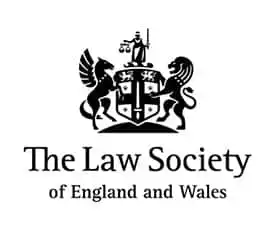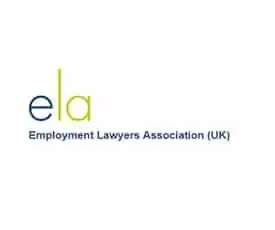What Temperatures Are Illegal for People to Work In?
What Temperatures Are Illegal for People to Work In?
During cold winters and warm summers, many people find themselves asking what temperature it is illegal to work in. The answer is that this depends on where you are based. The requirements can vary massively from country to country.
In the UK there are no minimum or maximum temperatures for when it is too hot or cold for people to work. There are some guidelines published by the government for the minimum working temperatures, however. The government recommends a working environment of no colder than 16 degrees Celsius for office environments, and 13 degrees Celsius if the employees are doing physical work.
There is no guidance for maximum temperatures. It is a good idea for employers to keep the temperature at a comfortable level by opening doors and windows or using air conditioning, and by allowing employees to take breaks or use refreshments.
The same is true in certain parts of Australia. For example, in Victoria, there are no statutory limits and no regulations on the temperatures to which a worker can be exposed. Employers do, however, have a legal obligation to provide their employees with a safe and healthy working environment.

What to Do if it is Too Hot or Cold at Work
If you feel that it is too hot or cold in your workplace for you to be able to work comfortably, you have a few options. Firstly, collect evidence showing the issue. Take temperatures, log absences, and ask people to make notes about any issues that the heat (or cold) is causing them.
Make an appointment to talk to your employer and try to work with them to reach an agreement about heat policies. If you are unable to reach an agreement with your employer then consider contacting your union or the health and safety regulators in your area.
In the short term, you may find that you have to continue working. Unfortunately, there is no law which says that if it is scorching hot, or snowing, you can have the day off. You are entitled to a safe working environment, however, and you can talk to your employer about the concerns that you have and refuse to do anything that will compromise your safety. Be aware, however, that proving there is a risk to your safety can be difficult without making extensive notes about the conditions in your workplace and the type of work that you are doing.
Disclaimer: The contents of this article are for information purposes only and should not be relied upon as formal legal advice. We cannot accept responsibility for any loss as a result of acts or omissions taken in respect of this article. Specific legal advice should be sort tailored to the individual circumstances in all cases.
For any information relating to our services please give us a call and we will be very happy to help.
What Can We Help With?
- Settlement and compromise agreements
- Unfair dismissal advice
- Employment tribunal advice
- Discrimination claims
- Redundancy advice
- Breach of contract
- Advice on maternity and paternity leave
- Book A Free Consultation
- Understand Your Situation
- Know Where You Stand
Our 3 Step Process
Book A Free Consultation
This complimentary consultation allows our employment solicitors to understand more about your specific situation so we can provide you with the best advice possible.
We’ll lay out your options and will advise you upfront of any costs involved.
Our 3 Step Process
Understand Your Situation
Understanding your unique situation will help us to understand how we can help you move forward with more clarity.
Although everyone’s situation is unique, we’ve most likely dealt with similar scenarios before.
Our 3 Step Process
Know Where You Stand
Whether that’s pursuing unfair dismissal, negotiating a larger settlement agreement, starting a claim for discrimination or simply having peace of mind.
We’ll help you feel clearer and more settled.

0 / 127
5 star reviews

0 / 50
5 star reviews
Yell.com

0 / 231
5 star reviews
ReviewSolicitors
Client Feedback
We have formed many long-lasting relationships by listening to feedback and understanding our clients’ needs. Our employment law advice provides exceptional care and tailored support.
“DPH Legal has provided expert advice on all aspects of employment law. When advising us on any matters there was always a choice of action that could be taken and clear instruction on risks and options open to the company.”
Tracey Rees
“Outstanding I fully recommend DPH Legal to anyone who needs legal representation or advice for even the most contentious and upsetting disputes. David Harris and the whole team are second to none, and they give fact-based advice to get the best outcomes for the client.”
SilverPot63
“From beginning to end they were a pleasure to deal with. They were extremely efficient and the lawyers at DPH Legal were without doubt experts in their field. They conduct themselves with impeccable professionalism and remain in constant communication throughout.”
Behrooz Vahedifar
Award Winning Service
Our award-winning legal services are recognised for excellence, professionalism, and client success. We provide tailored strategies with a focus on precision, integrity, and results.
Contact a Lawyer Today
Davidson House,
Forbury Square,
Reading, Berkshire,
RG1 3EU
0118 914 5622
info@dphlegal.com









